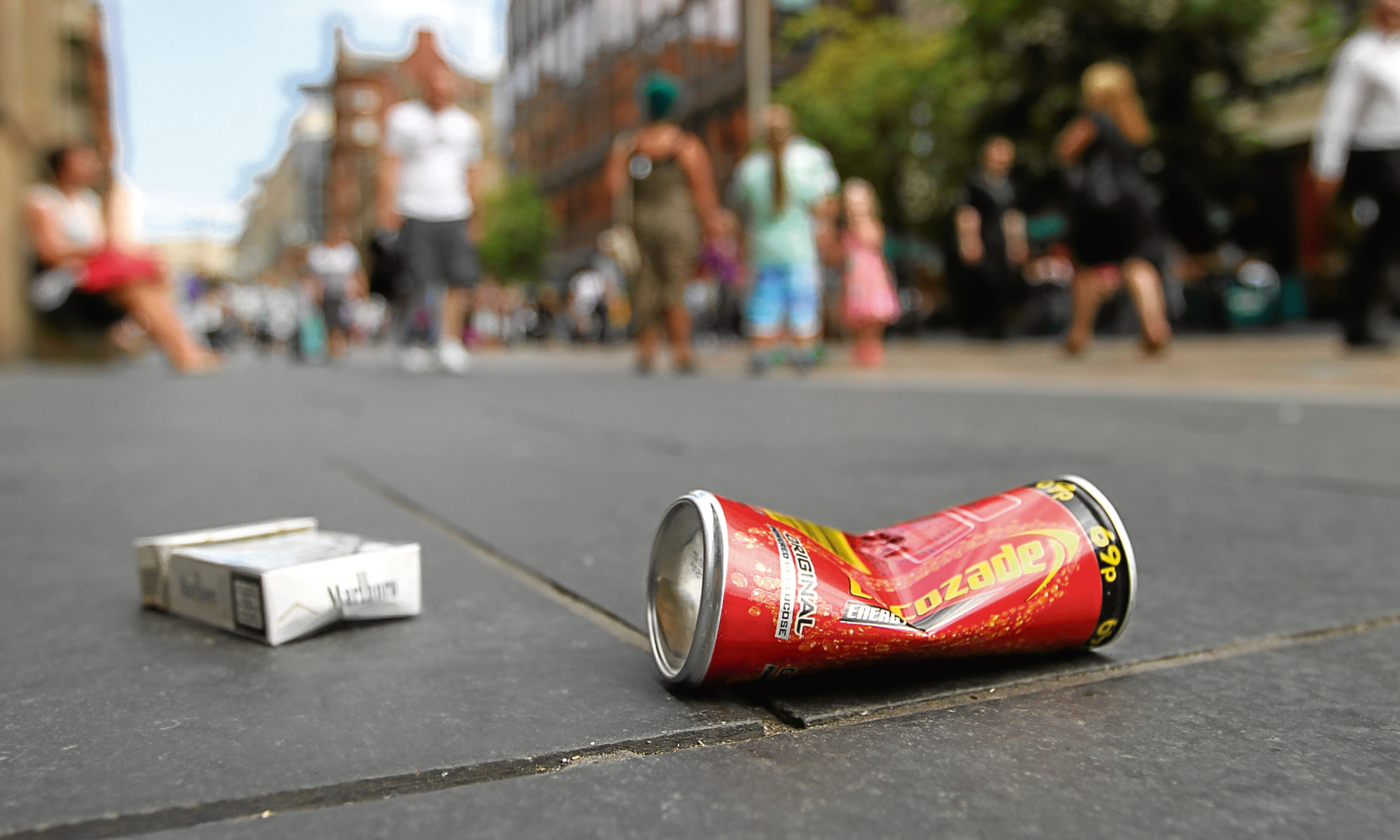Rules, they say, are meant to be broken.
And being a contrary sort, I will admit to having bent, if not exactly shattered, a fair few in my time.
It’s human nature – and especially when you are young and think you have invented rock ‘n’ roll rebellion – to kick against anything that seems to mean you can’t do exactly as you please, when and where you please, with little or no reference to other people and their ideas of good or bad behaviour.
Quite a lot of the time, rule breaking is neither here nor there. The world goes on turning, with a creak and a groan, after we have perpetrated our minor piece of personal subversion and subsided back into conformity.
We toe the line of least resistance because it’s too much of a faff to keep rebelling. Like wearing makeup after a certain point in life, the effect isn’t worth the effort.
Being a basically law-abiding, faintly feart sort of person, most rules, I surmise, are there for a reason, to oil the wheels of social interaction and generally make life more liveable.
Pig ignorance
And I find that I just can’t be doing with people who seem to think, either through thoughtlessness or unreconstructed pig ignorance, that some rules don’t apply to them, that their time and convenience is somehow much more important than those of the rest of humanity.
How about those who find it impossible to put their litter/dog mess/general detritus in the appropriate receptacle and instead, leave it lying in the street, hanging on gate posts and tree branches or shy it at the heads of those of us foolhardy enough to point out to them the error of their ways in what is, usually, their own community?
If there is one thing that makes me see redder than Jeremy Corbyn’s voting record of the distant past, it’s the unthinking pests who park in disabled spaces when they have no right or need to, just so they don’t have to walk a few more steps to the entrance of wherever they’re going.
These are steps they are more than capable of taking when others, in receipt of the fabled and increasingly difficult-to-access blue badge, simply can’t.
Then they give me a dirty look or a grudging eye-roll when I mention in passing that getting my aged mother out of a car and into a wheelchair is not, actually, physically possible within the confines of a normal-sized parking space.
And that brings me to another personal red mist creator. Many regulations (including the dreaded elf’n’safety) are sensible, workable and beneficial, if properly applied and enforced. But frequently, nobody bothers to enforce these.
When was the last time you saw any supermarket jobsworth telling someone ineligibly parked to sling their hook?
Or any member of staff in a self-service restaurant actually move someone from a table where they were waiting for their pal to bring them their nosh, thus preventing other blameless punters already carrying trays of hot food rapidly cooling to a state of inedibility from finding a place to sit down and eat?
Instead, ironically, other areas of contemporary living have become so hidebound by the minutiae of official “winger-fagging” as my friend’s wee boy calls it, that they are disappearing up their own exhausts with equal doses of self-righteousness and pointlessness.
This kind of killer detail filters down through society to the teeniest, weeniest, seemingly insignificant levels; the kind of “trickle down” effect that, as I have remarked before, makes you feel you are being trickled on from a great height.
Humdrum life
In good old humdrum everyday life, the concept behind rules generally is that someone else, who allegedly knows better than you do or has been told by someone that they do, is telling you what to do and trying to make it difficult or unpleasant for you not to.
For example, the concept of recycling is a good and worthy one and I for one am quite certain that we should try to do our bit where we can.
However, the myriad of usually wordy instructions about what you can and can’t put in your bin and when and where you can leave it, would drive even the most obedient and docile member of society to rampant rage and acts of violence. We are all refuse refuse-niks now.
Of course, when those allegedly further up the food chain choose either to ignore the rules that they expect the rest of us to observe or take advantage of the frustration of others, then cavalierly change goalposts, refuse to accept evidence or encourage people to believe that saying something often enough actually makes it a fact, let alone a great truth, the wider context becomes a great deal more sinister.
When executive orders or three-line whips become the rule rather than the exception, it’s the rule of law that starts to look perilously close to breaking.
